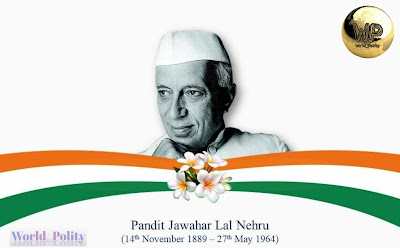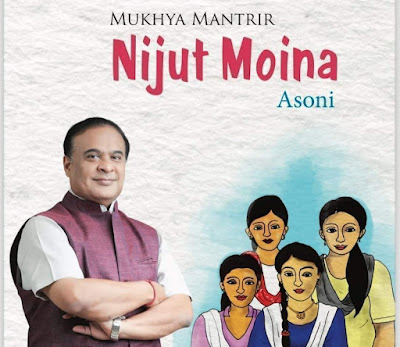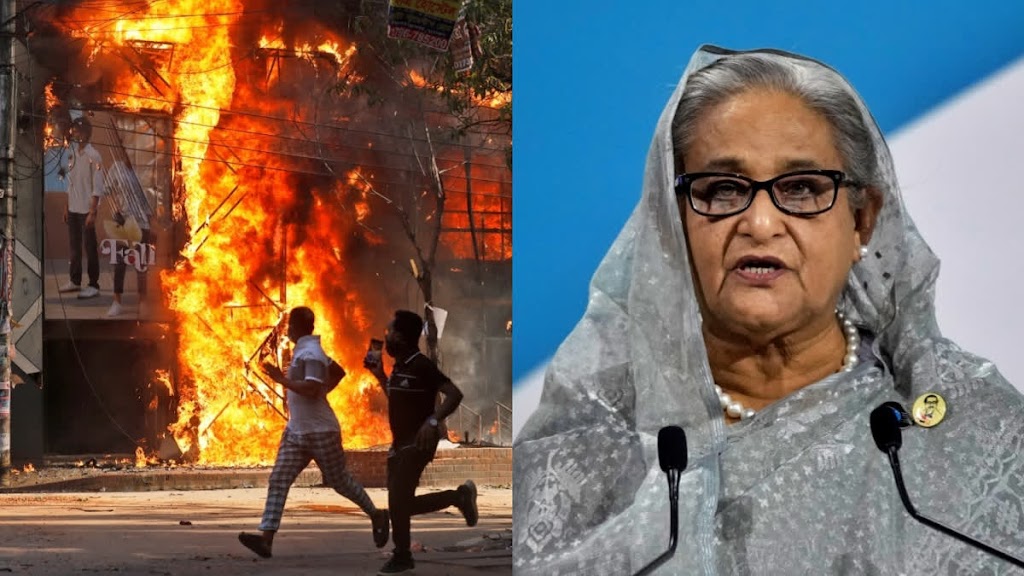India’s first Prime Minister & the Father of India’s Foreign Policy Pt. Jawaharlal Nehru
Pandit Jawaharlal Nehru, the first and longest serving Prime Minister of India.
Pandit Jawaharlal Nehru the architect of modern India, he laid foundation of world-class government institutions, which are proven to be the key in nation building. He took up challenges at a time when there was no support from our neighborhood, and led us to success against all odds.
Remembering Jawaharlal Nehru, the India’s first Prime Minister & the father of India’s Foreign Policy on his 57th death anniversary
• Jawaharlal Nehru was born to Motilal Nehru and Swarup Rani on November 14, 1889, in Allahabad.
• Jawaharlal Nehru, went on to become the first Prime Minister of India. The son of a prominent lawyer, Pandit Jawaharlal Nehru played a pivotal role in propelling the wheels of India’s journey towards freedom.
• He was a powerful leader, politician and freedom fighter.
• He studied overseas and returned to India in 1912. He did not enjoy practising law being an advocate.
• He joined Annie Besant’s Home Rule League where he met Mahatma Gandhi. He also joined the Non-Cooperation Movement in 1920.
• Being imprisoned and restricted by the British did not deter Nehru from his vision of India and he continued to fight for India’s freedom.
• Nehru’s historic speech ‘Tryst With Destiny’, delivered on the eve of Independence, is still regarded as one of the greatest speeches of the 20th Century.
• He took office as the first Prime Minister of India on August 15, 1947, and relentlessly strived for the development of the country.
• Nehru initiated the Five-Year Plan process with the establishment of the Planning Commission in March 1950.
• Jawaharlal Nehru, the first prime minister of India, held office between August 1947 and May 1964. He died on 27th May in 1964.
Political Career of Jawaharlal Nehru :
Nehru’s political life began in Allahabad with his involvement in the Home Rule movement (inspired by Annie Besant and Lokmanya Tilak) and in Gandhi’s Non-cooperation movement in 1919. He was sent to jail several times – amounting to nine and a half years. He developed a rapport with great stalwarts of the freedom movement — Gandhiji, Sardar Patel, Maulana Abul Kalam Azad and Subhas Chandra Bose.
Nehruvian ideology: Democracy and Parliamentary Governance
Nehru believed in the power of democracy. He pushed forward the system of parliamentary governance based on universal adult franchise and secret ballot. He made elections the norm not exception. His firm commitment to democracy, civil liberties, free speech and press, independent judiciary are what made India into a vibrant democracy.
His aim was to turn the country into a self governing institution. He believed that people would realise their power and soon push reforms that would end social inequality.
Nehru always believed that democracy and civil liberties were not means but ends and a diverse country like India would remain united only when democracy flourished as it would allow different viewpoints to come forward.
He favored co-operative ownership of means of production rather than the capitalist view of profit making. But he knew that equitable distribution can be of riches not poverty so a country should have tremendous economic growth.
Nehru believed that independence depended on economic strength of a country.
The motto of Unity in Diversity :
The motto of Unity in Diversity was a good example of his ideology. He recognised that the separatist factors like caste-ism, regionalism, communalism which had transcended during the independence struggle had risen again. India had to embrace all diversity and yet remain united. He succeeded in keeping the secessionist forces in check and at the same time pushed forward the process of national integration and nation building .
Interesting Facts about Pandit Jawaharlal Nehru :
• Pandit Jawaharlal Nehru was imprisoned 9 times during his fight for India’s freedom. Reportedly, he spent 3,259 days in prison.
• When he was imprisoned from 1934 to 1935, Nehru wrote his autobiography ‘Toward Freedom’, which was published in 1936.
• As many as 4 attempts were made to assassinate Pandit Nehru. The first one was during the partition of India and three others in 1955, 1956 and 1961.
• He wrote 30 letters to his daughter Indira Gandhi when she was just 10-years-old. The letters were later compiled and published as a book titled ‘Letters from a Father to His Daughter’.
• He won 11 nominations for the Nobel Peace Prize from 1950 to 1955 for upholding peace in the Indian subcontinent.
• Pandit Jawaharlal Nehru dreamt modern India to move forward on the strong foundations of scientific temper and social democracy.
In 1955, Nehru was awarded the Bharat Ratna, India’s highest civilian honour. President Rajendra Prasad awarded him the honour without taking advice from the Prime Minister as would be the normal constitutional procedure.
Well now we are reaping dividends of our investments in democracy, mixed economy, secularism and science, thanks to the bold optimism and wise planning of Jawaharlal Nehru, the real architect of modern India.
For timely updates related to your query on Polity, International Polity, Indian Polity, GK, Trending Topics, Govt Job, UPSC, APSC – like us on Facebook or join our telegram channel & Subscribe our channel on Youtube. To Read more visit World_Polity. Thank You.



